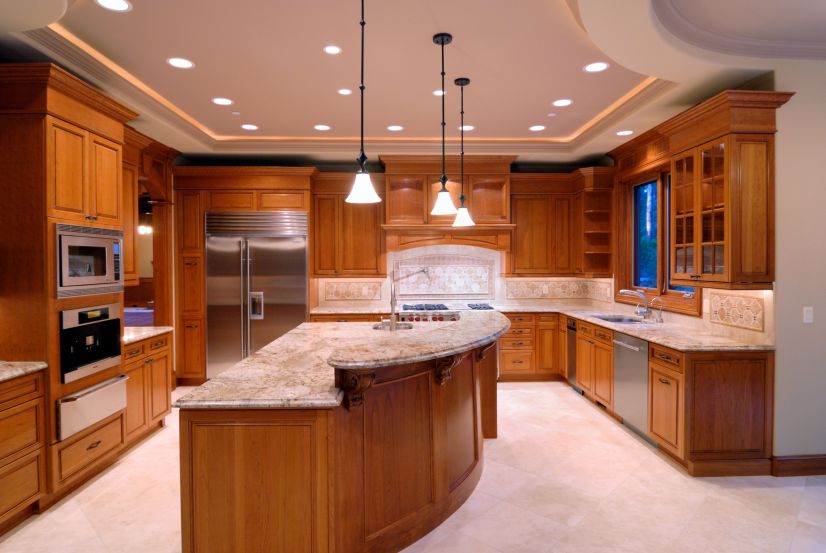Ceramic Tile in Jackson TN has a host of attributes that make them more than just a beautiful surface for floors or walls. Ceramic tiles have very few enemies; they are not fazed by frost, fire, and dampness or staining. Ceramics have been found in palaces and churches dating back to time immortal. Ceramic tile, for all of its rich history is as popular today as it ever was, and always for the same reasons.
Ceramic tile in Jackson TN is a simple material, nothing more than clay that has been turned into a form or shape and then baked. The sun may have been used during the time of the ancients whereas a kiln is used today but other than for mechanized equipment, nothing has really changed.
Although there are still a few artisans who still produce ceramic tile in Jackson TN by hand, either shaping it completely or using a mold, most ceramic tiles are mass produced so that they are attractively priced for everyone.
The clay that is used when producing ceramic tile in Jackson TN is often blended with such things as sand, quartz, feldspar and water. When the blend is completed it is ground in a ball mill and then subjected to a heat source which dries the mix to about 6% water. At this stage the mixture, which is called “slip” is not much more than a powder or dust. This dry slip is placed into a huge hydraulically powered press and squeezed into a set size and shape. The pressure applied can be as high as 100,000 psi. The pressure is what gives the ceramic tile in Jackson TN its tensile strength. The product that comes from the press is called “bisque” and it then is subjected to a further drying process until the last traces of moisture have been removed.
The “glaze”, which is the visible part of the ceramic tile in Jackson TN is then applied. The glaze can be either matte or high gloss and is usually applied to the bisque by spray or silk screening. Pigments are added to the glaze to add the color which becomes very vibrant after firing, at this stage of production the tile is called a “green tile”.
The green ceramic tile in Jackson TN is then rolled into the kiln for firing. In days of yore the kiln was referred to as a periodic kiln and the green tile was allowed to stay for a number of hours. Modern manufacturing calls for high speed production and this is accomplished in a continuous kiln which runs the green tile through the kiln on a continuous belt or series of rollers. The temperature in the kiln can reach 2,500 degrees F and as it emerges from the kiln it is slowly cooled.
For a fabulous range of ceramic tiles for use on floors and backsplashes in bathrooms and kitchens your first stop should be Deaton’s Carpet One. Many options are available at very affordable prices.


